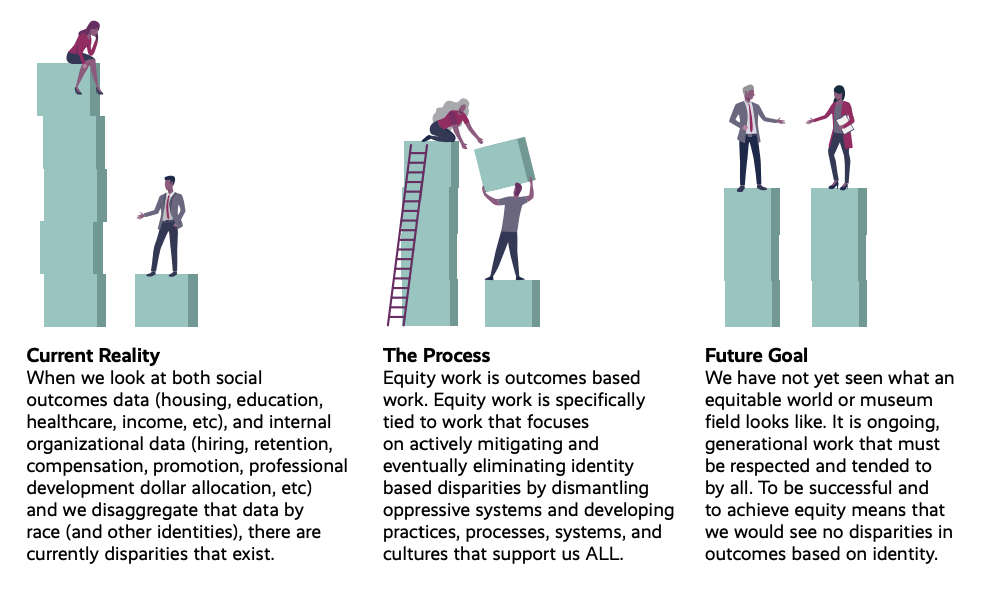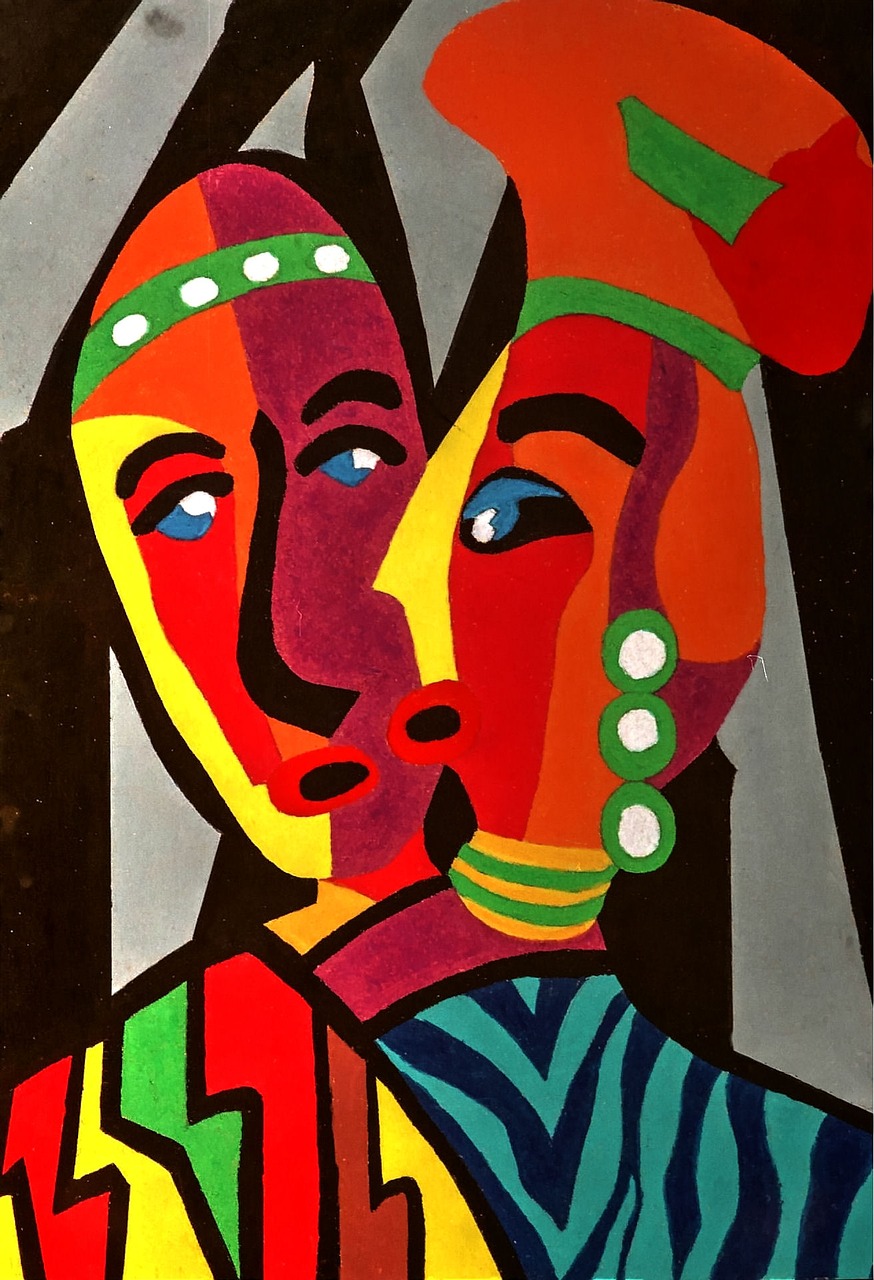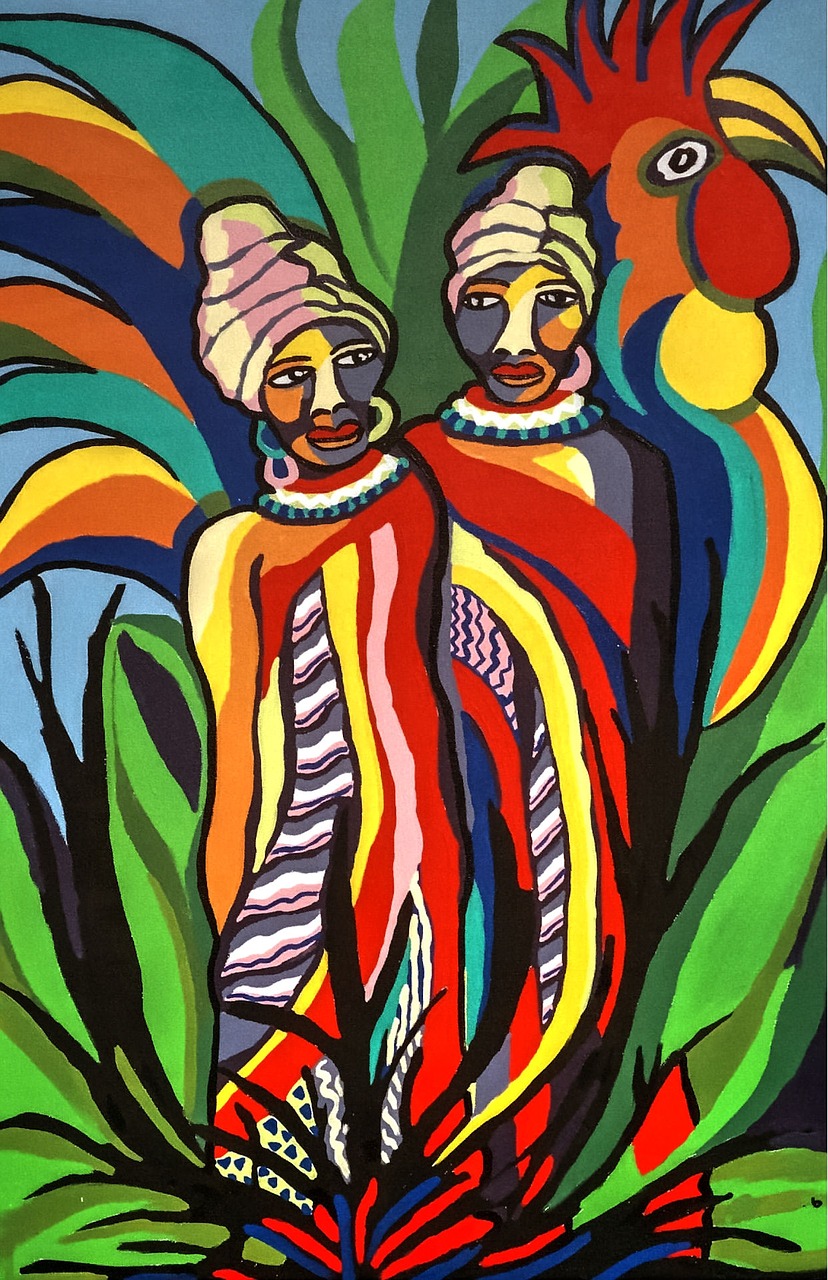
The last change to the American Alliance of Museums member standards took place in 2005.
The organisation is announcing a new endeavour to assist in developing these standards over the next three years with the participation of a six to eight-member advisory group of museum experts. A $740,000 federal grant from the Institute of Museum and Library Services will help fund the operation.
The American Alliance of Museums will update its member institutions’ standards for the first time in 20 years, adding new requirements on diversity, equity, accessibility, and inclusion (DEAI).
Telling the New York Times, Laura Lott, the president and chief executive praised the much-needed decision as “a watershed moment in our field’s history”.
And yet developing policies that apply to the entire AAM community—which includes museums in all disciplines and of greatly varying sizes—will be a challenging and time-consuming task that won’t be finished until 2025.
1,096 of AAM’s 35,000 members have received full accreditation. The former will be necessary to achieve the new objective established by the advisory group and will serve as models for the wider group.
AAM needs the involvement of hundreds of museum professionals from across the field, as well as the knowledge of people outside the AAM staff, to help them with this community-driven approach.
The advisory committee will engage in communication with groups of museum professionals who might not have always had their opinions taken into account in the development of museum standards to ensure that all voices are heard.
These guidelines need to be examined and applied to a variety of museums, including zoos with hundreds of staff people, mid-size collecting art museums, and historic buildings maintained entirely by volunteers.
Additionally, the organisation has already started to solicit feedback on the subject, publishing a report on excellence in DEAI (diversity, equity, accessibility, and inclusion) in August. The report, Excellence in DEAI, coincided with Johnnetta Betsch Cole’s appointment as AAM’s senior diversity fellow and served as the completion of a project titled “Facing Change: Advancing Museum Board Diversity and Inclusion.”
The report was described as a “template” for a time when “DEAI is a central component of the standards of excellence in the museum field, an effort of AAM’s Excellence in DEAI Task Force, which also included Patricia Mooradian, president of the Ford Foundation, and Lonnie Bunch, secretary of the Smithsonian Institution.
The AAM report makes several recommendations for making DEAI a reality at institutions, including explicitly including equity in a museum’s mission, allocating time and resources to DEAI initiatives on an ongoing basis, and holding staff at all echelons accountable for ensuring that DEAI policies are implemented.
Emphasizing diversity and inclusion implies aggressively addressing injustices in communities and society and ensuring that all members of the community feel welcomed, represented, and valued.
The movement to support DEAI at cultural institutions gained momentum in 2020 during the Black Lives Matter demonstrations. The new AAM standards will probably take inspiration from what organisations have already done to address equity and diversity-related concerns, like employing diversity officers. In 2019, AAM received a $4 million grant from the Ford Foundation, Alice L. Walton Foundation, and Andrew W. Mellon Foundation to support DEAI, particularly on museum boards.
Undoubtedly, the majority of museums give DEAI real priority. Deep and prolonged work that results in meaningful, systemic change, however, requires clear expectations, as well as third-party assessment and validation. Some museums are doing DEAI work better than others, and assisting all museums to increase their DEAI commitments will only be beneficial to our field as a whole.



